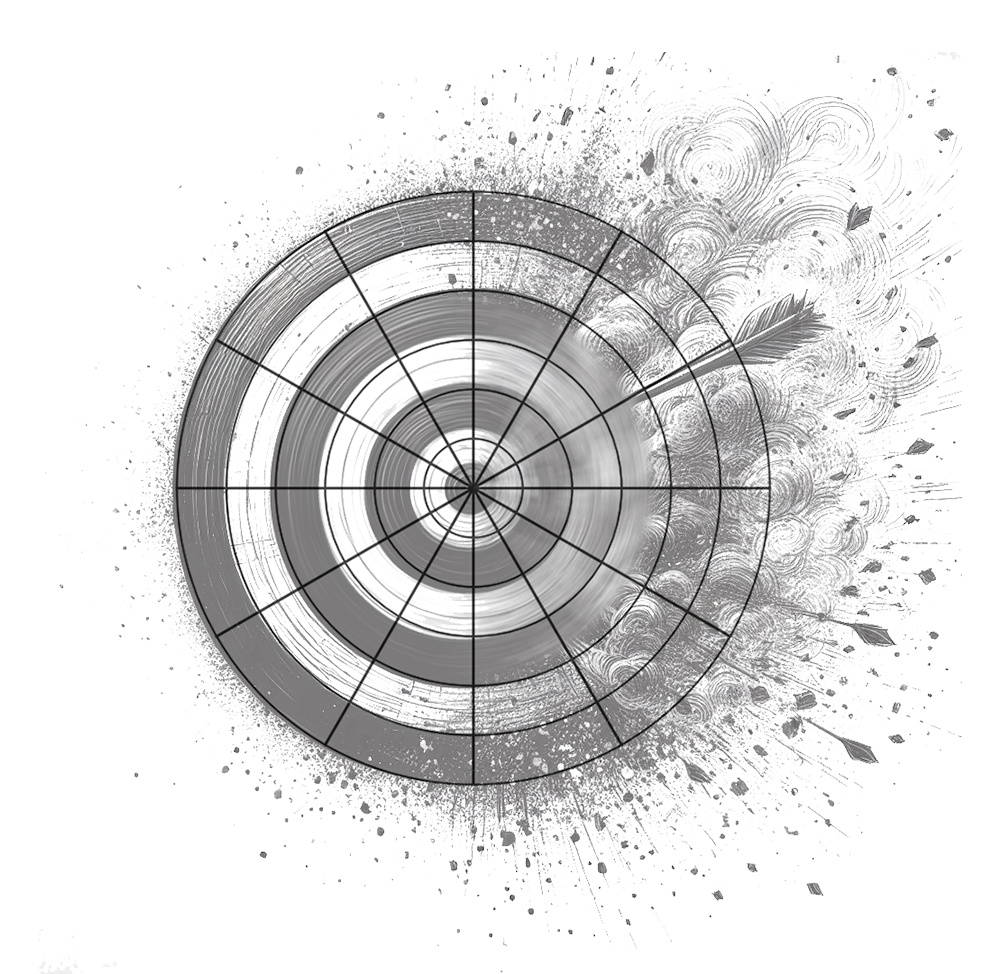 Acts 5:36
Acts 5:36

|
Strongs 4253
[list] Λογεῖον Perseus pro πρὸ in front Prep |
|
Strongs 1063
[list] Λογεῖον Perseus gar γὰρ for Conj |
|
Strongs 3778
[list] Λογεῖον Perseus toutōn τούτων these DPro-GFP |
|
Strongs 3588
[list] Λογεῖον Perseus tōn τῶν the Art-GFP |
|
Strongs 2250
[list] Λογεῖον Perseus hēmerōn ἡμερῶν days N-GFP |
|
Strongs 450
[list] Λογεῖον Perseus anestē ἀνέστη stood up V-AIA-3S |
|
Strongs 2333
[list] Λογεῖον Perseus Theudas Θευδᾶς Theudas N-NMS |
|
Strongs 3004
[list] Λογεῖον Perseus legōn λέγων he who is saying V-PPA-NMS |
|
Strongs 1510
[list] Λογεῖον Perseus einai εἶναί to be V-PNA |
|
Strongs 5100
[list] Λογεῖον Perseus tina τινα some things IPro-AMS |
|
Strongs 1438
[list] Λογεῖον Perseus heauton ἑαυτόν his own self RefPro-AM3S |
|
Strongs 3739
[list] Λογεῖον Perseus hō ᾧ which/whichever RelPro-DMS |
|
Strongs 4346
[list] Λογεῖον Perseus proseklithē προσεκλίθη were joined V-AIP-3S |
|
Strongs 435
[list] Λογεῖον Perseus andrōn ἀνδρῶν males N-GMP |
|
Strongs 706
[list] Λογεῖον Perseus arithmos ἀριθμὸς number [is] N-NMS |
|
Strongs 5613
[list] Λογεῖον Perseus hōs ὡς as Adv |
|
Strongs 5071
[list] Λογεῖον Perseus tetrakosiōn τετρακοσίων four hundred Adj-GMP |
|
Strongs 3739
[list] Λογεῖον Perseus hos ὃς which/whichever RelPro-NMS |
|
Strongs 337
[list] Λογεῖον Perseus anērethē ἀνῃρέθη was put to death V-AIP-3S |
|
Strongs 2532
[list] Λογεῖον Perseus kai καὶ and Conj |
|
Strongs 3956
[list] Λογεῖον Perseus pantes πάντες all Adj-NMP |
|
Strongs 3745
[list] Λογεῖον Perseus hosoi ὅσοι as many as RelPro-NMP |
|
Strongs 3982
[list] Λογεῖον Perseus epeithonto ἐπείθοντο were persuaded of V-IIM/P-3P |
|
Strongs 846
[list] Λογεῖον Perseus autō αὐτῷ self/itself/himself PPro-DM/N3S |
|
Strongs 1262
[list] Λογεῖον Perseus dielythēsan διελύθησαν were dispersed V-AIP-3P |
|
Strongs 2532
[list] Λογεῖον Perseus kai καὶ and Conj |
|
Strongs 1096
[list] Λογεῖον Perseus egenonto ἐγένοντο they became V-AIM-3P |
|
Strongs 1519
[list] Λογεῖον Perseus eis εἰς into Prep |
|
Strongs 3762
[list] Λογεῖον Perseus ouden οὐδέν In nothing Adj-ANS |
προσκλίσις - Leaning out of Balance
For before these ones, the Days, Godly ("Theudas")22 stood up, the one who is speaking his own self to be someone, to whom a number of men were leaning against just like four hundred, who was taken up. And everyone, as many as were persuaded by self, they were dissolved and they became into nothing.
For before these days Theudas arose, saying himself to be somebody: which a number of men followed, about four hundred, who was slain; and all, as many as believed him, were destroyed, and were for nothing.
For before these days Theudas rose up, claiming himself to be somebody, to whom was joined a number of men, about four hundred, who was done away, and all, as many as obeyed him, were dispersed and came to nothing.
Footnotes
| 22 | Acts 5:36 "I'm of God!" θευ- is a dialectal form (Doric and Ionic) corresponding to the more common θεο- root, which means "god." This aligns with known theophoric compounds such as:
The example θευ-εργέσια (theu-ergesia), a festival name in an inscription from Delos, literally means "festival of the θεὸς εὐεργέτης"—"god benefactor" or "god-helper," where θευ- substitutes for θεο- in dialectal usage. Implication for Θευδᾶς
θευ- is an archaic/dialectal variant of θεο- ("god"). Names or words with θευ- are related to the divine, with Θευδᾶς as a personal name meaning essentially “godly” or “divine one” in the sense of “one associated with God.” This usage is well attested in Doric and Ionic inscriptions and names. |